Back to Courses
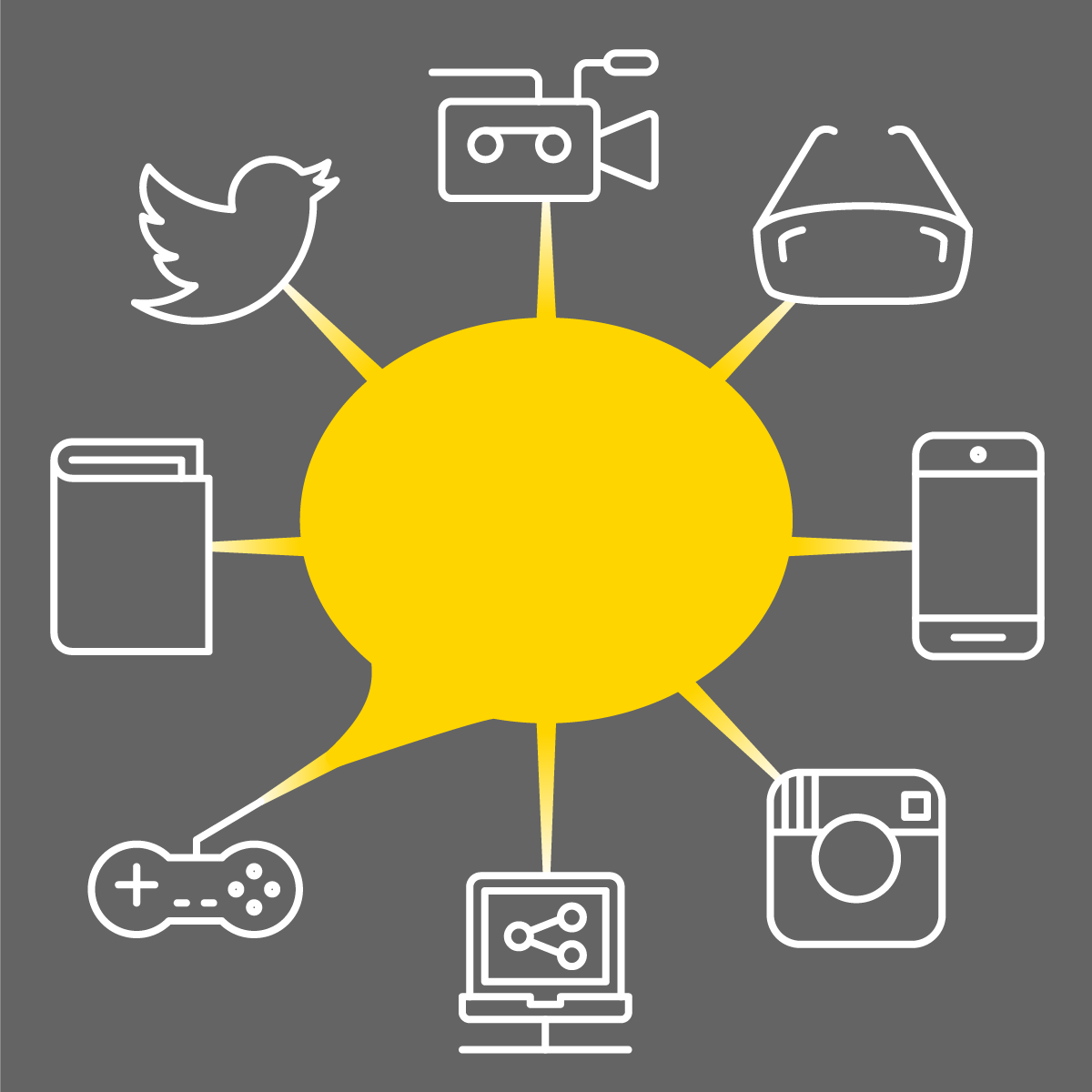





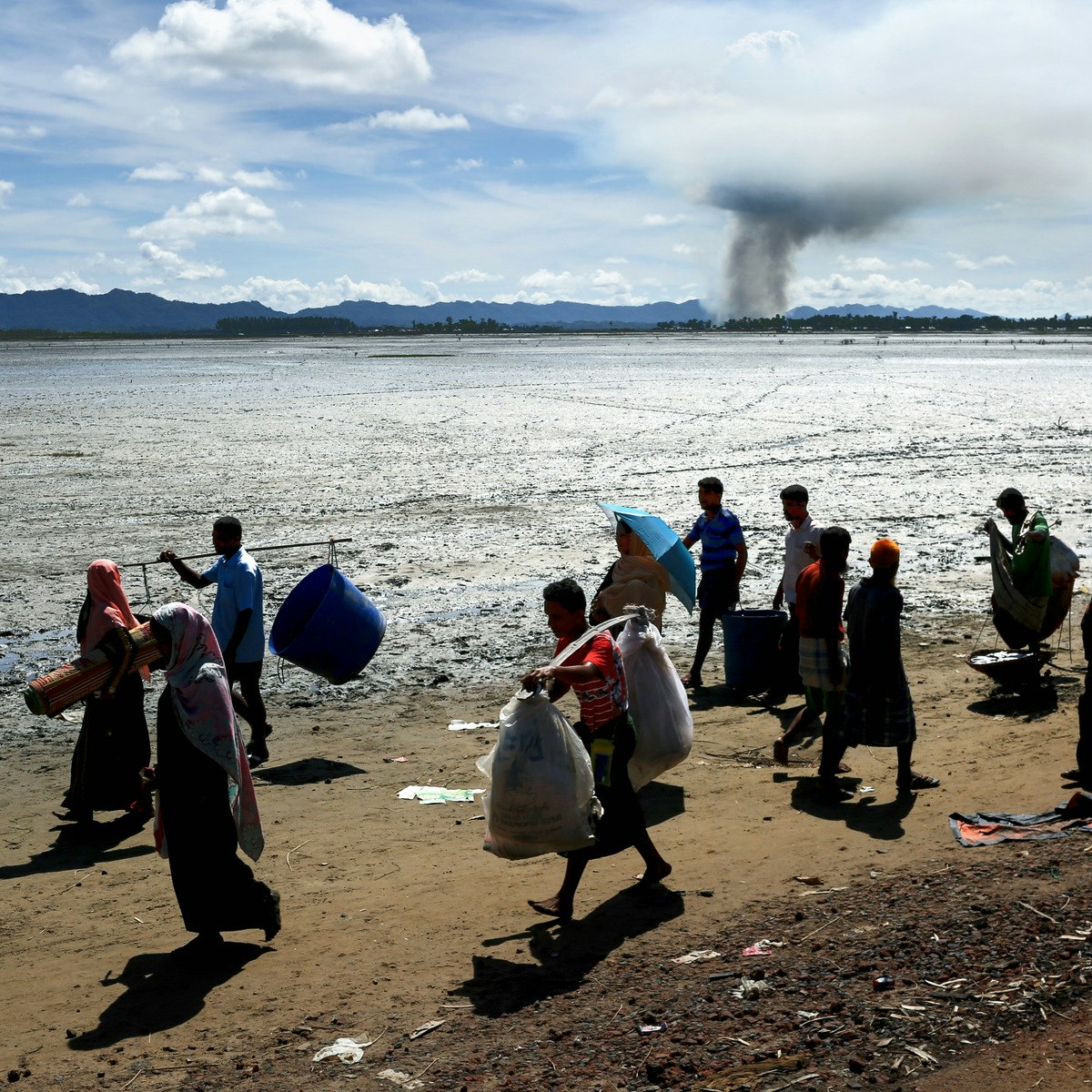
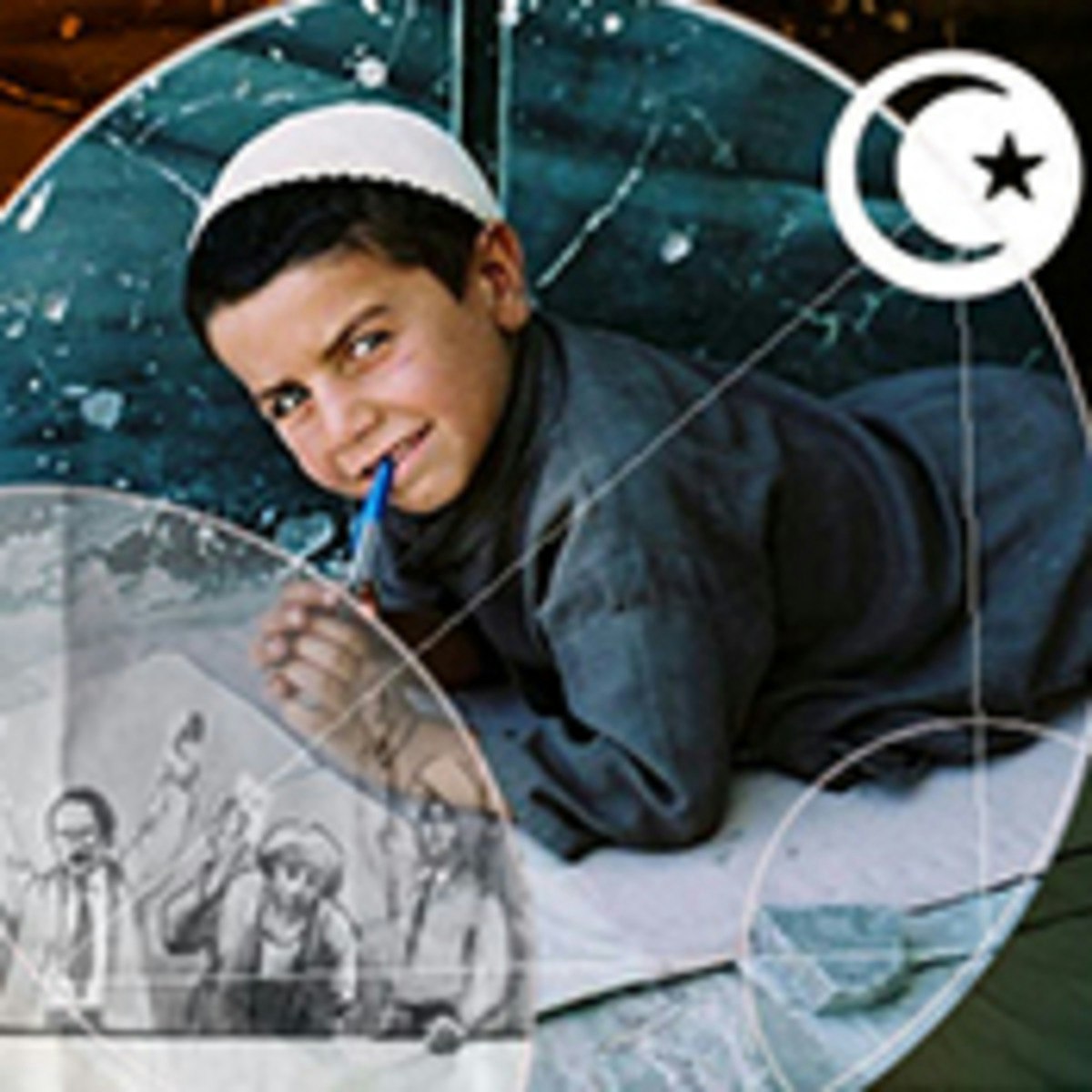
Social Sciences Courses - Page 57
Showing results 561-570 of 672

The Changing Status and Perception of Animals
In this course, we explore how mainstream understandings of animals and human-animal relationships have changed in recent years. Module 1 focuses on the roles of animals in human physical health and psychological well being. Module 2 explores animal selfhood, particularly in light of their inability to use spoken language. Finally, Module 3 examines some of the collective efforts undertaken when the treatment or use of animals comes to be seen as inhumane, immoral, and worthy of ameliorative social action.
Transmedia Storytelling: Narrative worlds, emerging technologies, and global audiences
Transmedia storytelling is the practice of designing, sharing, and participating in a cohesive story experience across multiple traditional and digital delivery platforms - for entertainment, advertising and marketing, or social change.
Have you ever read a book, seen a movie, watched a television show, or played a game that centred around different aspects of a larger story or universe? You may be familiar with popular examples of such universes like Star Wars, Marvel, and The Walking Dead (to name a few).
How do the professionals develop such expansive narratives? How do they ensure that each element stays true to the original story? How do they innovatively use different technologies to share the stories, grow audiences and create an active and involved community of fans?
More and more, we are also engaging with elements or franchises of larger and more complex stories across a much more diverse range of platforms like interactive web experiences, social media communities, mobile devices, theme parks, and even augmented and virtual reality. A major challenge that current and future storytellers face is being able to engage different audiences in a story that is seamlessly told across all of these different platforms.
WHAT WILL I LEARN?
This course will help you to design a strategy for developing and telling your own transmedia story. You will learn about what it takes to:
• Shape your ideas into compelling and well structured narratives and complex story worlds
• Identify, understand, and engage different audiences in your stories
• Create cohesive user experiences across different platforms
• Evaluate existing and emerging technologies to share your story with the world, and help your audience participate in the larger storyworld you create
The course provides you with a unique, authentic, and industry relevant learning opportunity. You will have access to current theory, industry examples and advice and undertake learning activities that will equip you with the tools you need to start developing your own ideas.
WHO WILL MY INSTRUCTORS BE?
You will learn effective transmedia design strategies from leading UNSW Australia Art & Design academics. You will also examine case studies that demonstrate how amazing ideas, technology and audience contributions can be brought together to create dynamic storyworlds. You'll see examples of major, successful transmedia storytelling projects involving movies, digital entertainment, gaming, virtual reality and more. In collaboration with our industry partner X Media Lab, the course will give you inside access to the personal stories, insight and advice of the following innovative transmedia storytelling professionals from Hollywood USA, Canada and Australia.
• Susan Bonds, 42 Entertainment, Los Angeles, USA
• Flint Dille, Screenwriter, Game Designer and Novelist, Los Angeles, USA
• Cindi Drennan, Illuminart, Australia
• Tom Ellard, UNSW Art & Design, Sydney, Australia
• Catherine Fargher, Dr Egg Digital, Sydney, Australia
• Hal Hefner, 3AM Creative, USA
• Brian Seth Hurst, StoryTech, Los Angeles, USA
• Henry Jenkins, School for Communication and Journalism, University of Southern California, USA
• Mikey Leung, Digital Storytellers, Sydney, Australia
• Alex Lieu, 42 Entertainment, Los Angeles, USA
• Geoffrey Long, Annenberg Innovation Lab, University of Southern California, USA
• John McGhee, UNSW Art & Design, Sydney, Australia
• Joseph Narai, Transmedia Entertainment, Sydney, Australia
• Jeff Nicholas, The Uprising Creative, Los Angeles, USA
• Sergio Paez, Graphic Artist working in animation, TV, video games, and film. Co Founder, StoryboardArt, California, USA
• Steve Peters, No Mimes Media, Los Angeles, USA
• Stuart Samuels, Stuart Samuels Productions, Toronto, Canada
• Charles Santoso, Concept Artist, Sydney, Australia
• Seth Shapiro, New Amsterdam Media, Los Angeles, USA
• Scott Snibbe, Eyegroove, San Francisco, USA
• Tracey Taylor, The Pulse, Sydney, Australia
• Robert Tercek, Public Speaker, Digital Media Strategist, and Executive Leader for Creative Ventures and Business Innovation, • University of Southern California, USA
• Kevin Williams, Founder & Director of KWP Ltd and DNA Association, UK
• Brent Young, Super 78, Los Angeles, USA
• Maya Zuckerman, Transmedia SF, San Francisco, USA
COURSE CONTENT DEVELOPMENT
Karin Watson, Iman Irannejad, and Dr. Simon McIntyre.

Planning & Design of Sanitation Systems and Technologies
Do you want to learn how to plan affordable and context-specific sanitation solutions? Be up-to-date on the newest developments in urban sanitation planning and programming? Get to know best practice examples of urban sanitation systems in low- and middle-income countries? If yes, this course is for you!
This course provides you with an introduction to integrated sanitation planning, both on a citywide scale and for specific contexts such as informal settlements. You will become familiar with different sanitation planning frameworks as well as different systems and technologies relevant along the sanitation value chain. You will learn why systems’ thinking is crucial for urban environmental sanitation, and how to apply key terminology and important concepts.
INSTRUCTION Eawag-Sandec and EPFL jointly offer this course with support from sanitation experts of the World Bank and WHO.
LANGUAGES We simultaneously offer this course in English and French. The name of the French course is « Planification & Design des Systèmes et Technologies d’Assainissement ».
MOOC SERIES This course is one of four in the series “Sanitation, Water and Solid Waste for Development".

Value-Based Care: Introduction to Value-Based Care and the U.S. Healthcare System
COURSE 1 of 7. This course is designed to introduce you to the concept of value-based care (VBC). While the information you will explore is general, it will help you establish a solid foundation for continued learning and future thinking about the concept of VBC. Through a historical lens, you will explore the creation of Medicare and Medicaid and the evolution of commercial insurance, TRICARE, and the Veterans Health Administration. While history is an important filter for understanding healthcare in this country, you will learn how each of these mechanisms emerged, the populations served, and what changes occurred over time, with a focus on funding and expenditures. In addition, this course will help you establish a firm foundation for understanding the development and evolution of quality measures and outcomes in healthcare. By developing an understanding of what quality is and how it is measured, you can begin a knowledge-building exploration of the components of quality in healthcare. Why is this important? In value-based care models, providers must meet quality measures and improve the health outcomes of their patients. In the summative assignment, you will use a national system of quality measures to develop a plan that would positively impact value within your healthcare organization.
Organizational Analysis
In this introductory, self-paced course, you will learn multiple theories of organizational behavior and apply them to actual cases of organizational change.
Organizations are groups whose members coordinate their behaviors in order to accomplish a shared goal. They can be found nearly everywhere in today’s society: universities, start-ups, classrooms, hospitals, non-profits, government bureaus, corporations, restaurants, grocery stores, and professional associations are some of many examples of organizations.
Organizations are as varied and complex as they are ubiquitous: they differ in size and internal structure; they can entail a multiplicity of goals and tasks (some of which are planned and others unplanned!); they are made up of individuals whose goals and motivations may differ from those of the group; and they must interact with other organizations and deal with environmental constraints in order to be successful. This complexity frequently results in a myriad of problems for organizational participants and the organization’s survival.
In this course, we will use organizational theories to systematically analyze how an organization operates and can best be managed. Organizational theories highlight certain features of an organization’s structure and environment, as well as its processes of negotiation, production, and change. Each provides a lens for interpreting novel organizational situations and developing a sense for how individual and group behaviors are organized. Theories are valuable for the analyst and manager because most organizational problems are unique to the circumstances and cannot be solved by simple rules of thumb. Armed with a toolset of organizational theories, you will be able to systematically identify important features of an organization and the events transforming it; choose a theoretical framework most applicable to the observed mode of organizing; and use that theory to determine which actions will best redirect the organization in desired directions.
In sum, the course has three goals: to become familiar with a series of real-world organizational phenomena; to learn different theoretical perspectives that can elucidate these phenomena; and to apply these different ways of “seeing” and managing organizations to cases. In such a fashion, the course is designed to actively bridge theory and practice, exposing students to a variety of conceptual tools and ways to negotiate novel situations.

Roman Art and Archaeology
The objective of this course is to provide an overview of the culture of ancient Rome beginning about 1000 BCE and ending with the so-called "Fall of Rome". We will look at some of the key people who played a role in Rome, from the time of the kings through the Roman Republic and the Roman Empire. We will also focus on the city of Rome itself, as well as Rome's expansion through Italy, the Mediterranean, and beyond.

Health, Housing, and Educational Services
Course 5 discusses policies in four areas: housing, education, healthcare, and immigration, with an optional fifth module in child protection. This course addresses issues of power, oppression, and white supremacy.
-First we’ll look at housing policy, with its contrasting supports for homeowners and renters.
-Then we’ll interpret the structure that provides education and examine debates about its future.
-The third module will differentiate the issues in the U.S. healthcare system and develop the structure of public healthcare programs.
-Next, the course will lay out immigration policies and weigh the push and pull of the debate about immigration reform.
-The optional fifth module traces the child protection system its beginnings to the present day and appraises the failures and strengths of the system.
The course is part of a sequence in social policy that has an HONORS TRACK. This track will prepare the learner for masters-level work in policy, which involves reading the literature, writing concise summaries and probing critiques. Over the sequence the learner will develop a policy analysis that will create a foundation for professional policy analyst assignments.

Learning Mindsets & Skills
The Learning Mindsets & Skills MOOC is designed to explore underlying concepts behind Learning Mindsets & Skills as well as the the practical applications of those concepts in various educational environments. Course Participants will hypothesize a learning mindset-related change to be implemented within their educational environment, test their theory, and present their findings to a wider audience.

Refugees in the 21st Century
This MOOC provides insight into the refugee phenomenon as one of the most complex, compelling and (arguably) misunderstood features of the 21st century. Taking a global perspective, it will outline the fundamentals of who ‘refugees’ are, where they come from and where they go, as well as delving into the features of the global system for refugee protection and ‘solutions’ for those who have been forcibly displaced. It places the student at the centre of the learning experience through engagement with a range of robust and challenging activities, materials and online peer engagement.

Constitutional Struggles in the Muslim World
Learn what motivates the restive Muslim youth from Tunis to Tehran, what political positions Islamists from Mali to Chechnya are fighting for, where the seeming obsession with Islamic law comes from, where the secularists have vanished to, and whether it makes sense to speak of an Islamic state.
Since 2009 there has been a renewed wave of popular unrest sweeping throughout much of the Muslim world. Secular, but generally repressive and inefficient autocracies have come under pressure or been swept aside entirely. At the same, the various Islamic Republics have not fared much better, but been convulsed by internal unrest, economic and social decline. Throughout the Muslim lands, existing constitutional arrangements are being challenged, often very violently.
This course is a survey of the constitutional ideas and institutions that have developed since the mid 19th century throughout predominantly Muslim countries, but its focus will lie on the actors that have dominated this discourse and shaped its outcomes. We will look at the large body of classical writings on the Islamic state only in so far as it is necessary to understand the contemporary debate, but concentrate on the legal and political developments of the 20th and 21st centuries.
Three common themes will characterise the course:
We privilege the study of the legal and social reality and seek to highlight where it is at odds with dogmatic stipulations, be they religious or constitutional.
We seek to illustrate the practical tensions posed by limited administrative capabilities and political legitimacy that resulted from the incomplete reception of modern bureaucratic statehood.
We seek to examine how popular dissatisfaction with the practical performance of Muslim governments has fuelled demands for greater accountability under the guise of cultural authenticity.
Ultimately, the course aims to equip participants to better understand Muslim contemporary discourse about the res publica, better contextualise the demands for religious law in public life, and to better ascertain the theoretical and practical feasibility of postulated religious alternatives to the still-dominant secular model of governance.
Popular Internships and Jobs by Categories
Find Jobs & Internships
Browse
© 2024 BoostGrad | All rights reserved